You’ve surely heard the jingle “incredible, edible egg” before, I’m sure. It’s no lie. Eggs are incredibly nutrient dense powerhouses that contain every single nutrient necessary to make a yolk a living creature. Crazy, right? Nothing is crazy about adding eggs to your diet, though. Eggs are an almighty staple with a number of health benefits.
Let’s have a look.
Egg Nutritional Facts
In a single hard-boiled egg, you get the following nutrients:
- 77 calories
- 6 grams of protein
- 5 grams of healthy fat
- Trace amounts of nutrients, vitamin B6, vitamin D, vitamin E, vitamin K, calcium, and zinc
- Vitamin A – 6% of the RDA
- Vitamin B2 – 15% of the RDA
- Vitamin B5 – 7% of the RDA
- Vitamin B12 – 9% of the RDA
- Folate – 5% of the RDA
- Phosphorus – 9% of the RDA
- Selenium – 22% of the RDA
Eggs are what health scientists call a perfect food because they contain a broad spectrum of nutrients that are necessary for optimal health. Since you can purchase omega-3 enriched or pastured eggs in the supermarket, that makes eggs even more healthy.
The Health Benefits of Eggs
Many people cut eggs out of their diet because they have heard the myth that eggs are an LDL (bad) cholesterol bomb. However, the amount of cholesterol in eggs is negligible when you consider the other health benefits. With a broad spectrum of vitamins and nutrients, the advantages of consuming eggs far outweigh the cons. Here are the health benefits of eggs:
Raises Good HDL Cholesterol
A single egg contains about 212 mg of cholesterol, which is indeed more than half of the daily recommended intake of cholesterol, which is a mere 300 mg. Though this is alarming, it is necessary to keep in the back of your mind that the cholesterol you consume doesn’t always raise your blood cholesterol, as some studies have found. In fact, the liver produces large amounts of cholesterol, and if you consume more cholesterol, the liver will balance out the value by making less.
In fact, consuming eggs will help increase your HDL cholesterol, meaning you will have a lowered risk of heart disease and stroke. Multiple studies found that consuming two eggs per day for a period of six weeks can increase HDL levels by 10%.
Contains Important Choline
Choline is rarely talked about, but it should be. This nutrient is essential for building the cell membranes that enhance signaling throughout the brain. Though choline deficiency is rare, most people aren’t consuming enough choline in their diet. Whole eggs, though, provide about 100 mg of choline per serving, making them one of the best sources.
Contains Lutein and Zeaxanthin
What if you could keep your eyesight for longer? As we age, there are several degenerative processes that make it harder to see the world, but if you consume a few key ingredients, you can prevent the aging process for a while longer. Two extremely potent nutrients for eye health are lutein and zeaxanthin, which can be found in the retina of the human eye. When you consume enough of these two nutrients, the risk of developing eye disorders like macular degeneration and cataracts decreases significantly.
When you consume the egg yolk, you are getting huge amounts of 3 vitamins and nutrients that prevent eye damage from UV exposure: lutein, zeaxanthin, and vitamin A. In one study, it was found that eating 1.3 egg yolks a day for a period of 4 and half weeks increased the presence of lutein by 28-50% and zeaxanthin by 114-142%. If you spend a lot of time staring at a computer, consuming eggs could prevent nearsightedness.
High-Quality Protein
Now, for the fitness-minded, here is where eggs make their statement. Eggs contain protein, the building blocks of muscle and other parts of the human body. Without protein, our bodies would not function properly. Working out and going about your daily life means that your body is going to need quality protein with high bio-availability. That’s where eggs come in. A single egg contains 6 grams of protein and a balanced ratio of essential amino acids, so not only are you getting highly digestible protein, you are consuming the tools your body needs to immediately put that protein to use.
That’s why so many nutrition and fitness professionals make sure they are well-stocked with hard-boiled eggs.
Eat Eggs, Lose Weight
For those who are looking to get leaner, adding an egg or two to your daily meal plan could help you shed a few pounds. The reason goes beyond the high amount of protein. Eggs promote a feeling satiety, meaning that when you consume them, you feel fuller for much longer, reducing to fewer calories consumed throughout the day. A study in 2008 followed 30 overweight women. The subjects consumed eggs in the morning instead of empty carbohydrates. The women continuously reported prolonged feelings of fullness, helping them reduce calorie consumption for a period of 36 hours. Therefore, if you are trying to reduce how many calories you eat but still want energy to get in a workout and do other activities throughout the day, eggs are a wonderful choice instead of simple, processed carbohydrates.
How many eggs should I eat daily?
Instead of avoiding eggs as much as you can, you should embrace the idea of having an egg at least several times a week. One study discovered the 2 eggs a day can prevent coronary heart disease over an 8 week period, while other research found that 3 eggs a day will boost your lutein and zeaxanthin levels and reduce LDL cholesterol. While it is not suggesting you should be drinking the yolks straight out of a glass like Rocky, having a few eggs throughout the week can become your go-to for protein, nutrition, and weight loss.
The only people who shouldn’t have eggs are those with disorders like familial hypercholesterolemia, where your cholesterol levels are out of control, or the gene mutation ApoE4.
Final Thoughts
Who would have thought a superfood is the commonplace and humble egg? But beyond that shelled exterior is a powerhouse of perfection that gives you nutrients and vitamins to help you build muscle, drop pounds, and promote brain, eye, and heart health. The best part about eggs, though, is that they are inexpensive and can be used in a number of recipes, so you’ll never get tired of them.
The post The Almighty Egg: A Nutritional Powerhouse appeared first on Gaspari Nutrition.




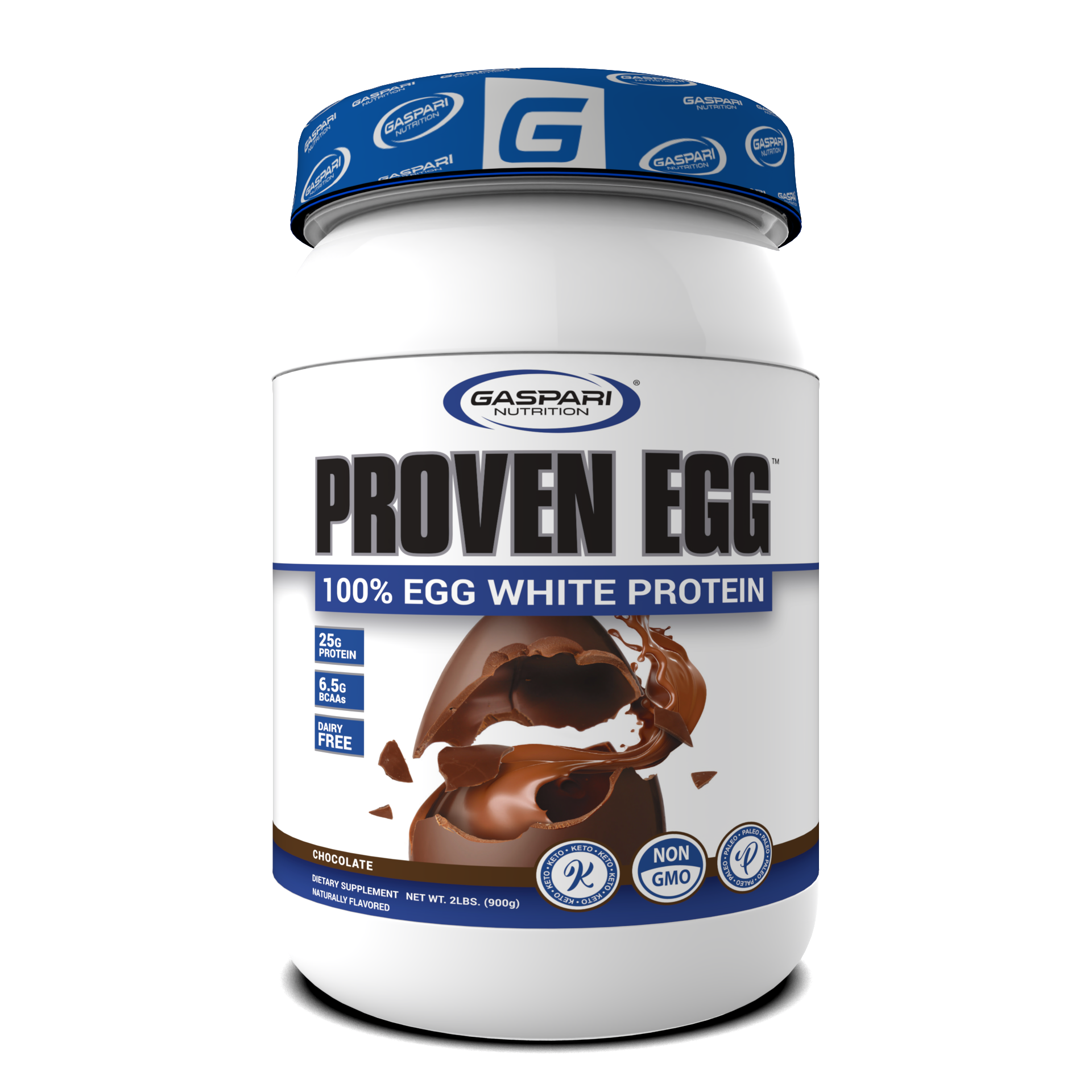



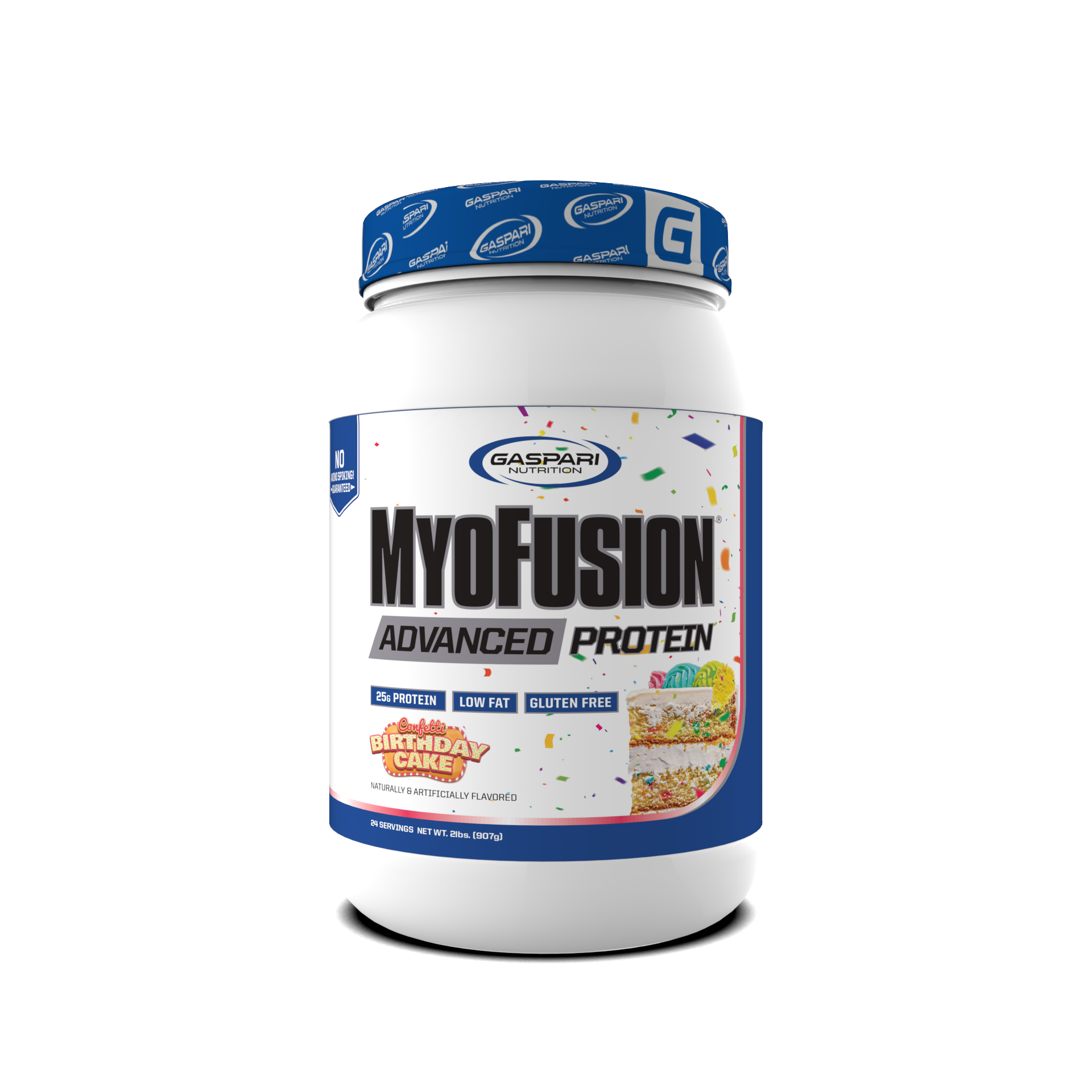



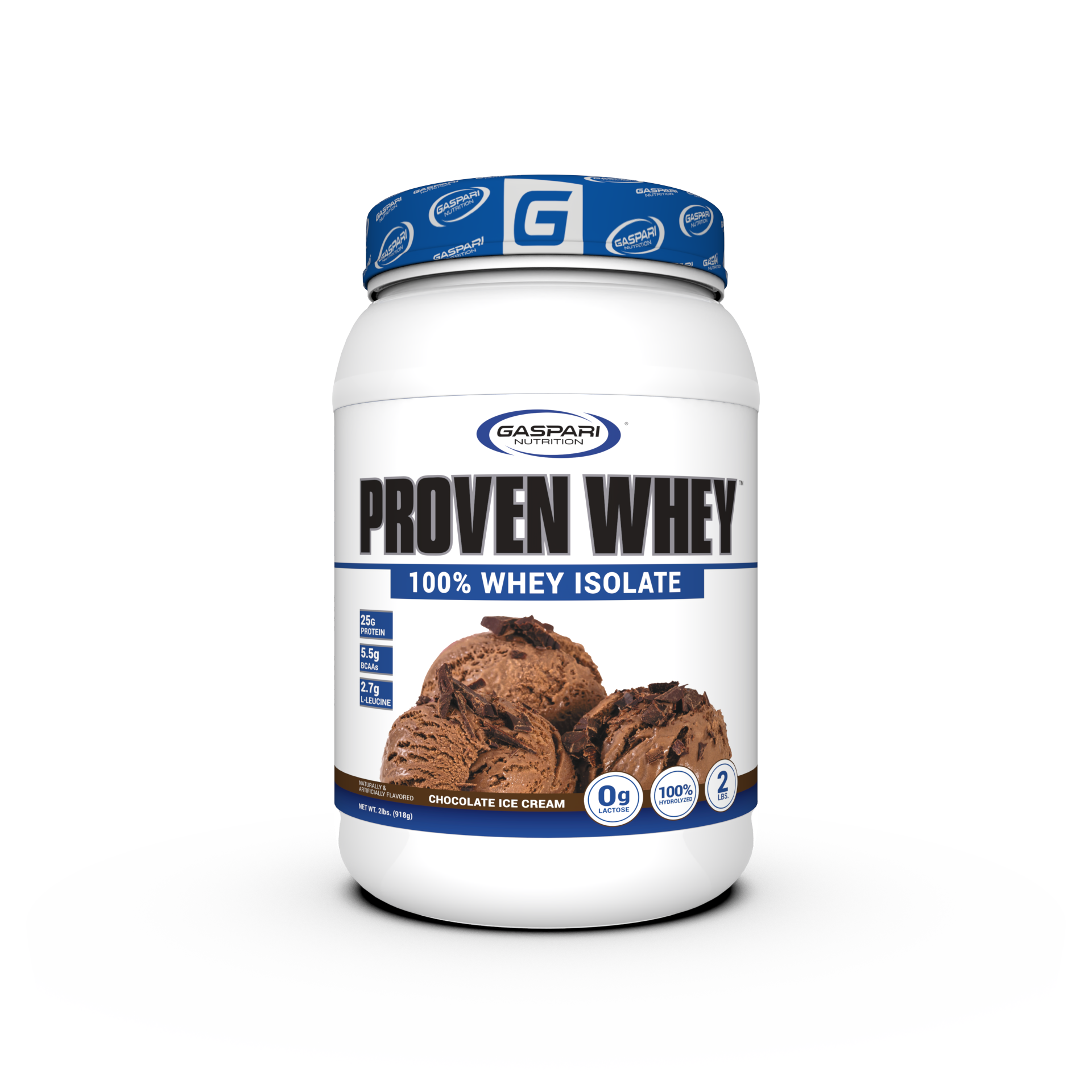




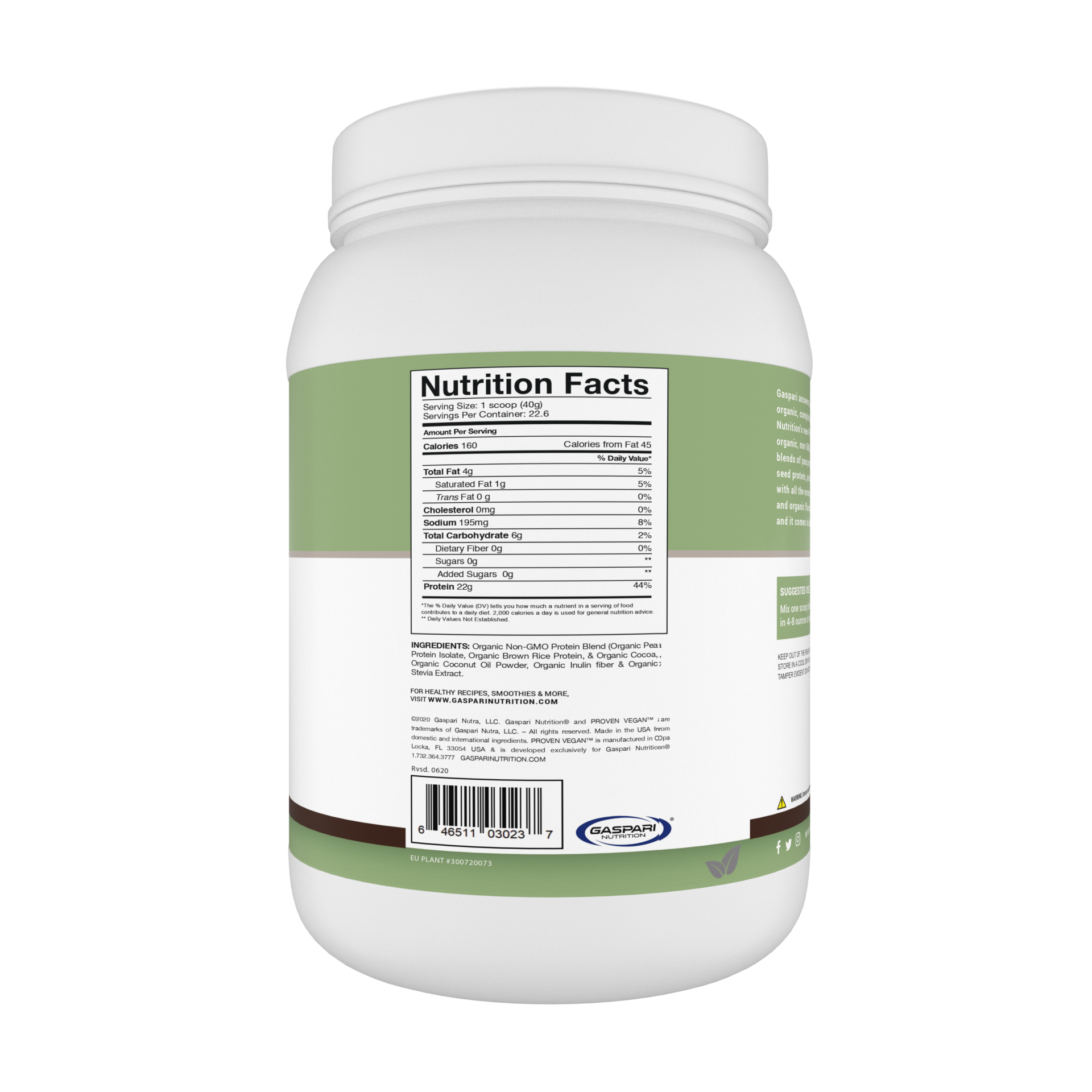


















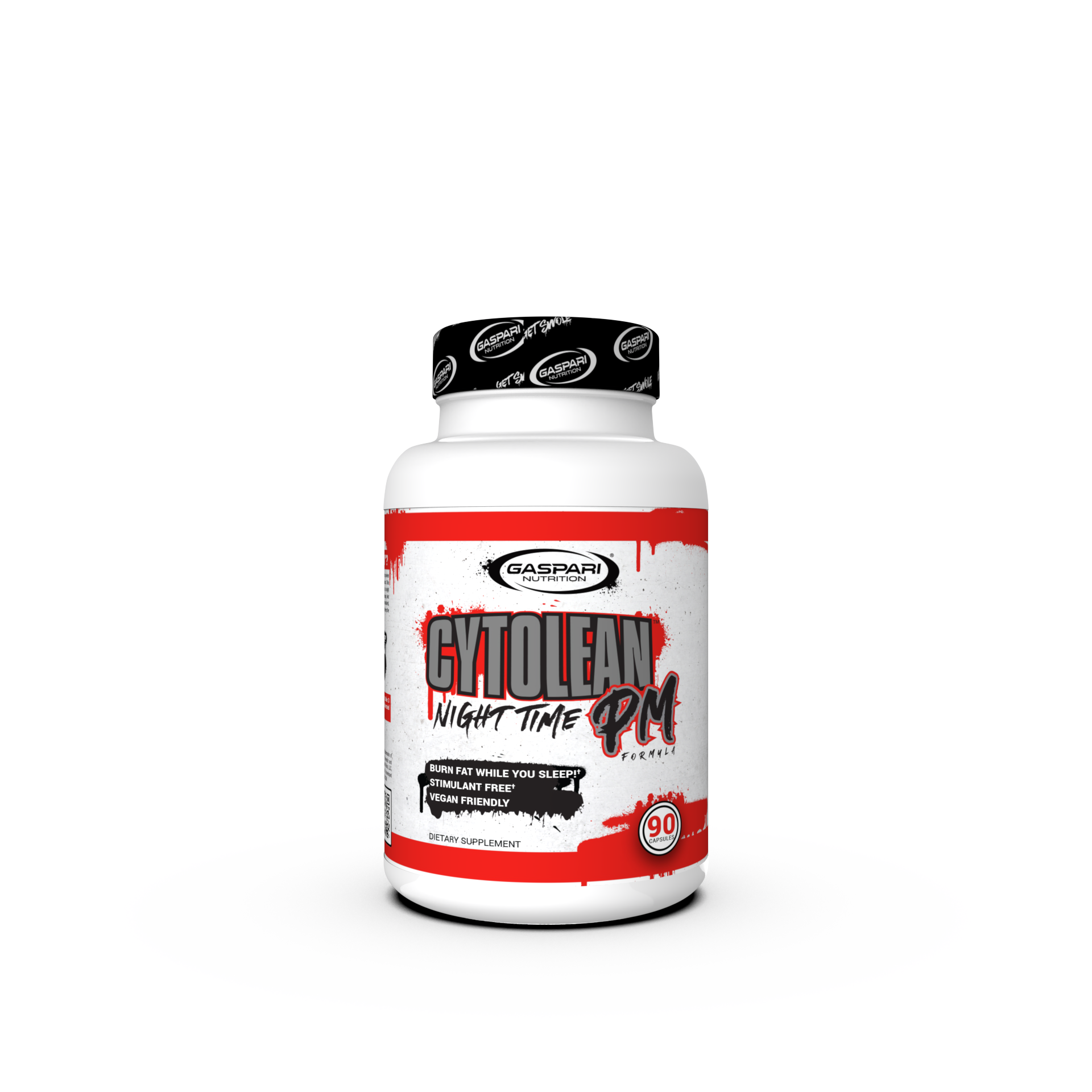



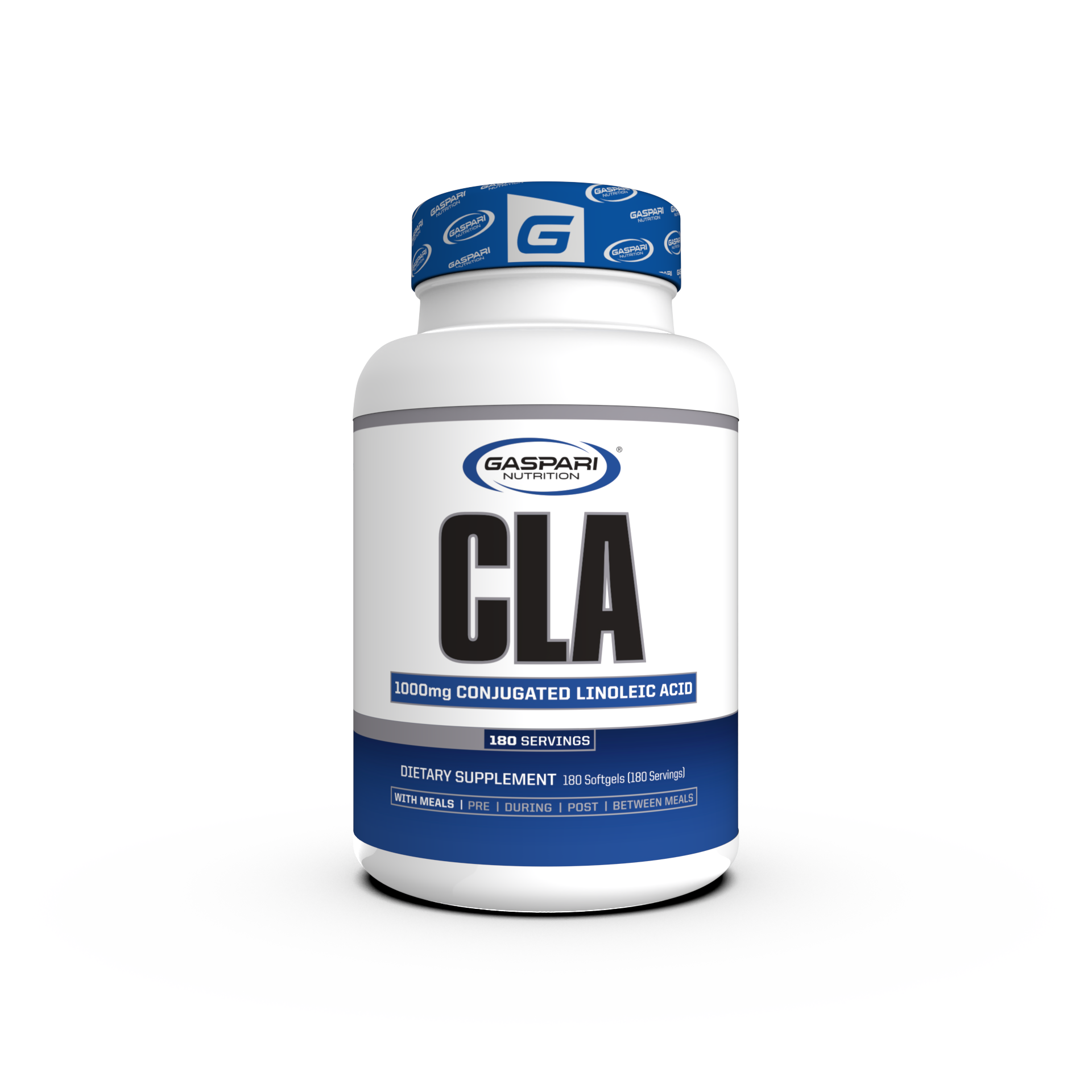



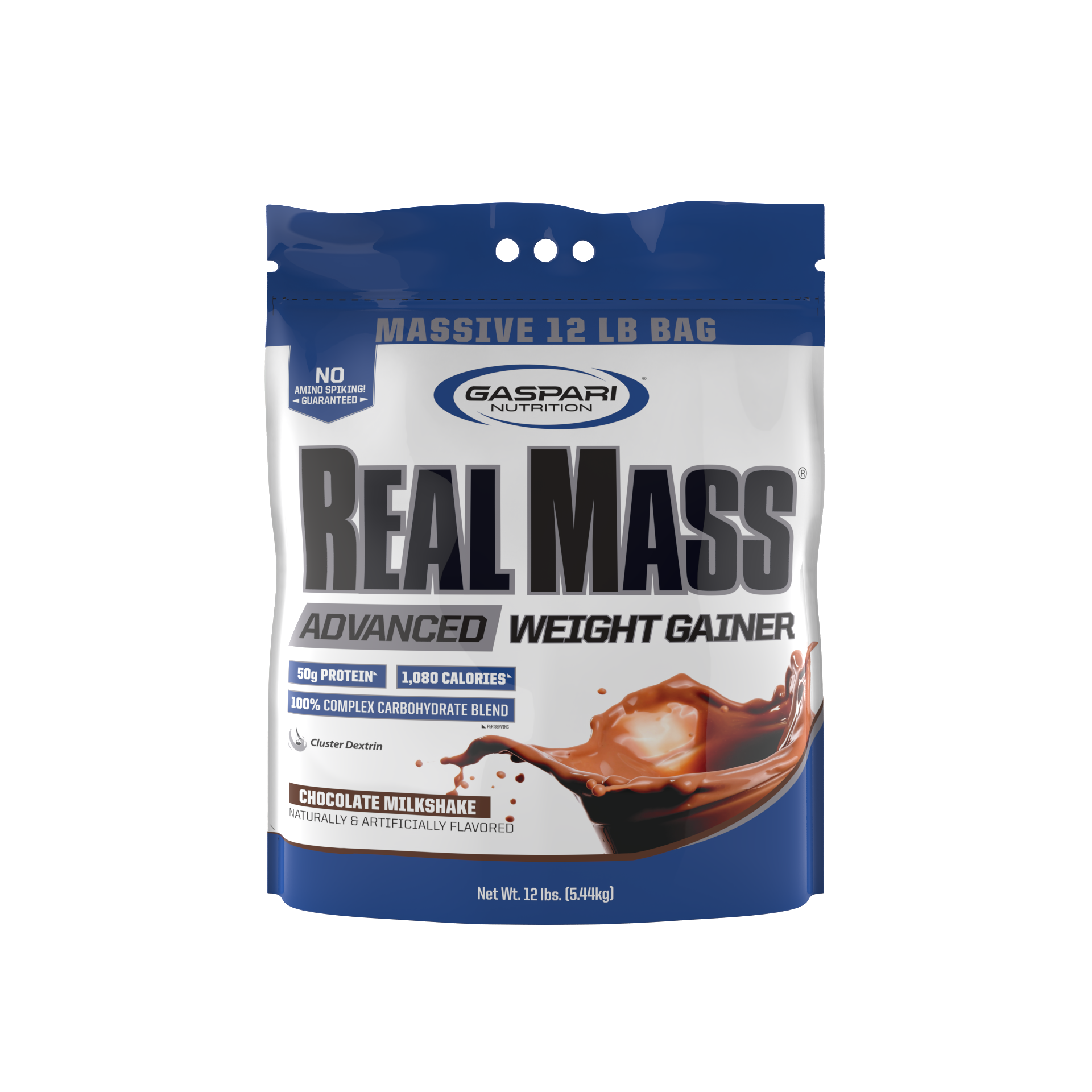











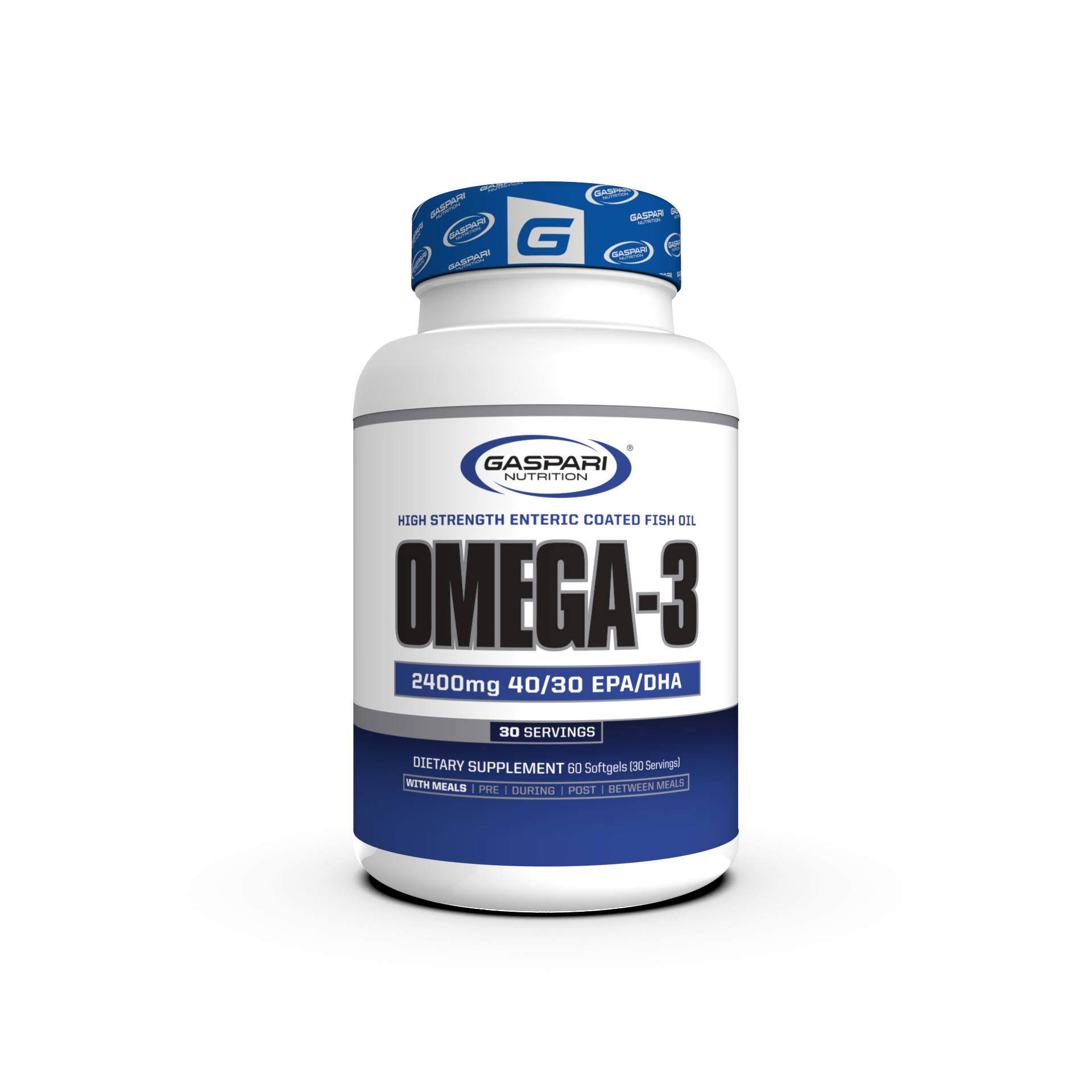



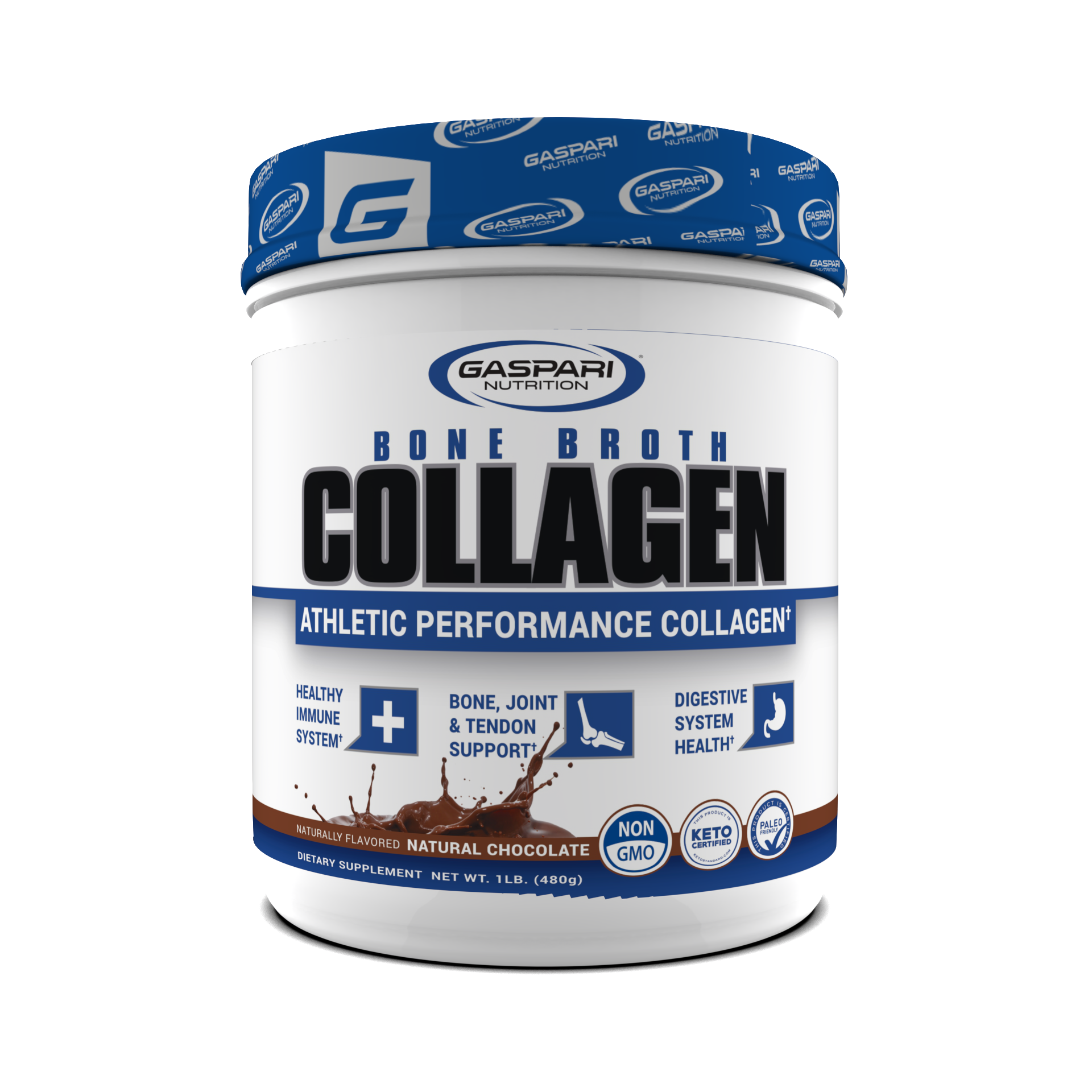



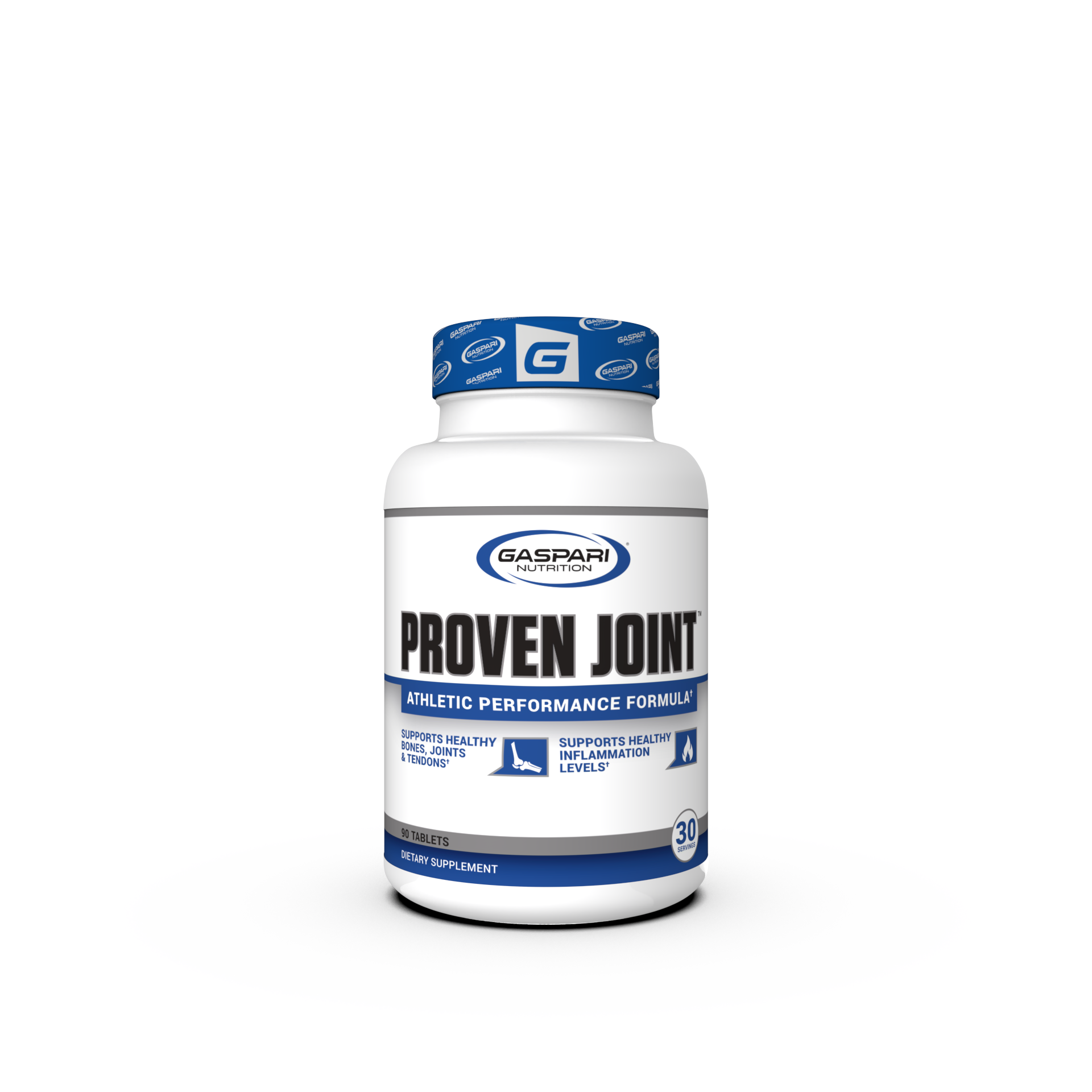











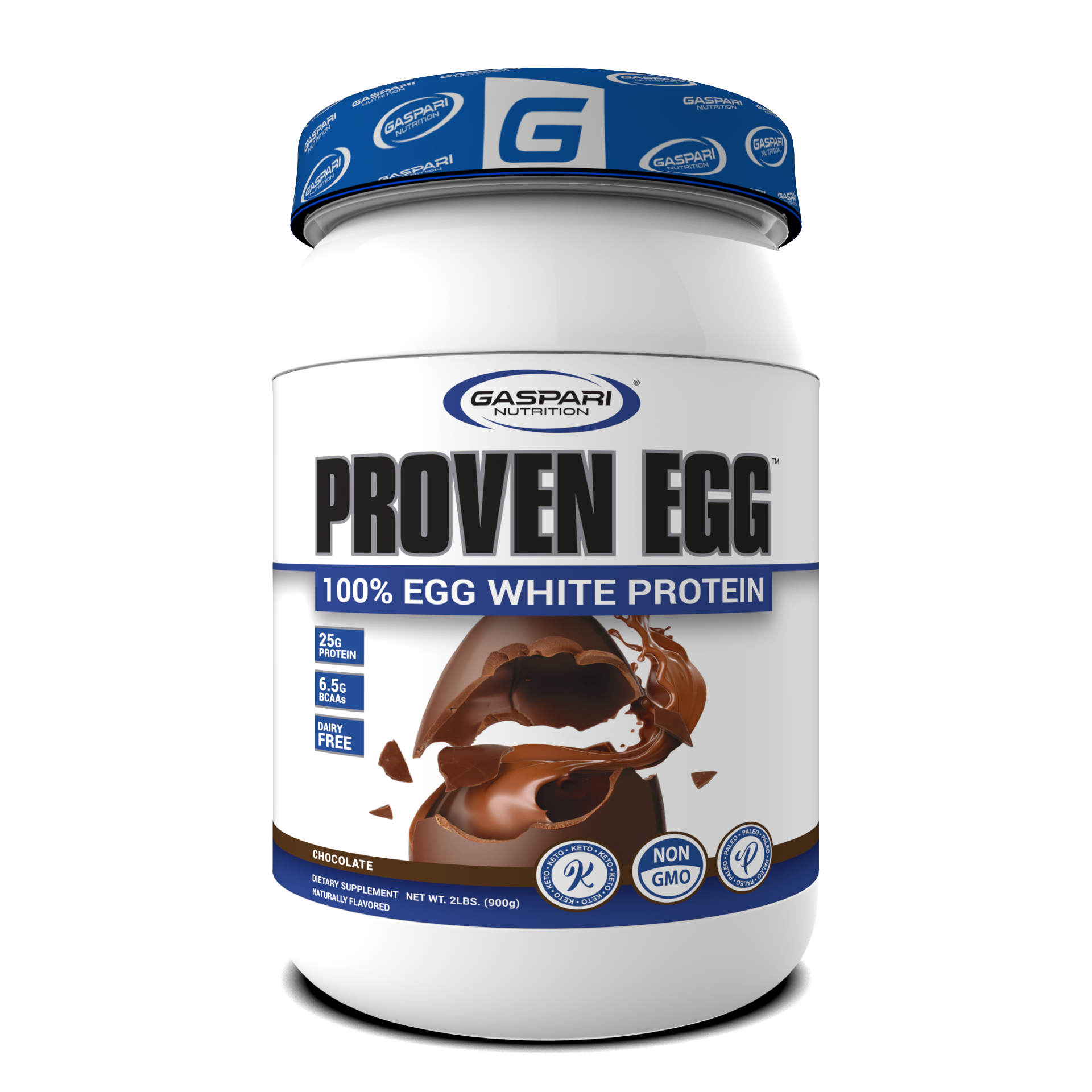

Share:
EAAs vs BCAAs
Lazy Man’s Guide to Cardio